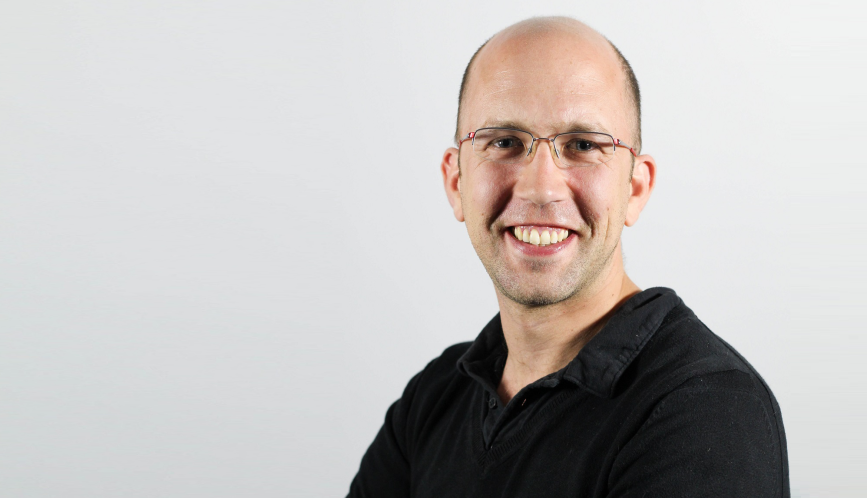ECI network member Thomas Saïas is a Professor of Community Psychology at the University of Quebec. His research focuses on ways to reduce social inequalities in early childhood health. Recent work has focused on understanding what elements are favorable to the implementation of preventative strategies. In France, Saïas developed several public-orientated services of prevention (CAPEDP, PANJO, Petits pas Grands pas) which were the first interventions based on research ever led in the country. In Quebec and in France, he is involved in several research projects aiming to identify the facilitators for the success of public preventative interventions. He is currently head of the “Epione: public health-community health” research team.
Describe your area of study and how it relates to current policy discussions surrounding inequality.
My main focus of interest are the public systems of home visitation in early childhood. I’m interested in documenting and analyzing the way public home visitation programs can reduce social inequalities. Our most recent studies in France and Quebec, Canada revealed that there was an urgent need for training both administrators and professionals so that their services can promote equity. Several studies also shed light on how universal public systems may contribute to producing inequalities (through attrition, “Matthew effect”,…). Our work is to document these phenomena as well as to develop solutions to these equity issues.
What areas in the study of inequality are most in need of new research?
I think that too much effort has been put on studying “programs” or “interventions” in experimental contexts. I feel that most of the conclusions of the last 40 years cannot be easily transformed into solutions that governments can absorb. In order to target issues from the “real world” (how to reach the people that can benefit from our intervention, how to maintain these families in this system, how to ensure that there is a solution for each and every child, etc.), more research should consider the existing preventive solutions and study the way experimental research can help improve these public systems.
What advice do you have for emerging scholars in your field?
A research lab is the farthest place from the social issues families are experiencing. Start by knowing the people you study and do not solely rely on experimentation to achieve social transformation. Real world systems are the most exciting research settings you will find.



